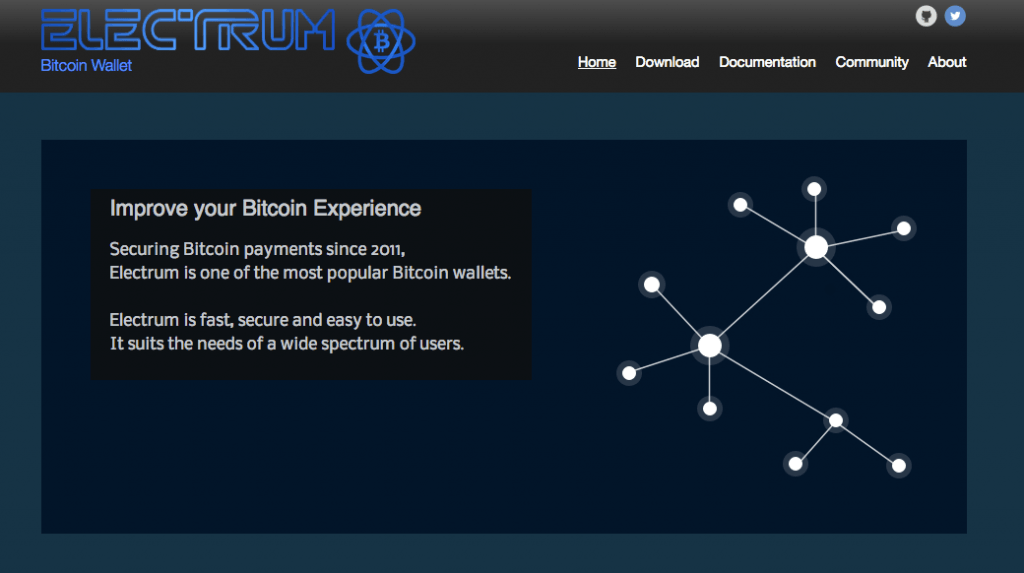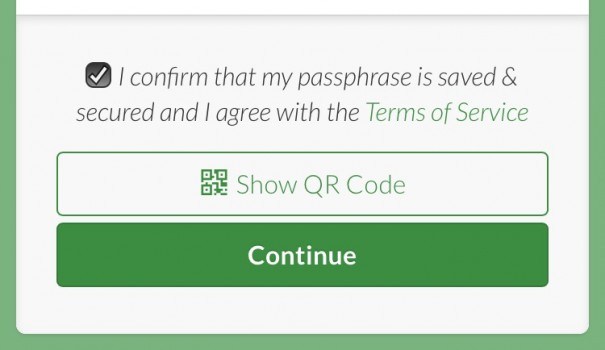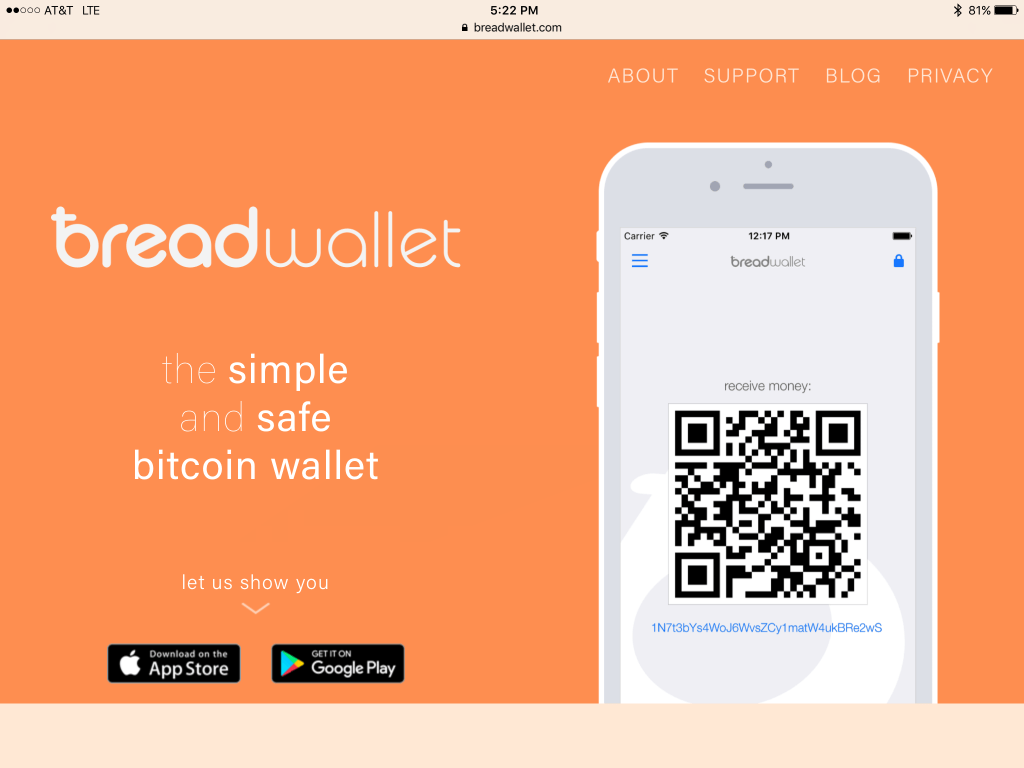Bitcoin (BTC) has dominated the cryptocurrency market for years as one of the first digital currencies. Despite a growing number of alternatives, Bitcoin still claims the largest market share and has become a household name since its peak in 2017. Today, over 23 million people own the open-source cryptocurrency.
If you’re considering investing in Bitcoin, you’ll need a place to store your investment. Purchasing Bitcoin requires more than fiat currency and a bank account. Consumers also need a “wallet” to store their Bitcoins, similar to paper money.
What Is a Bitcoin Wallet?
Unlike traditional forms of fiat currency, like the dollar, yen, and euro, digital currency can’t be physically stored in a traditional wallet, bank, or safe. Instead, you’ll need to find a cryptocurrency wallet that stores the private keys required to access your bitcoin on the blockchain.
There are a variety of wallet types available. Online wallets allow you to store your information via a website, while desktop wallets let you keep your crypto cash on a mobile device or your desktop. Hardware wallets are physical devices that allow you to keep your bitcoin completely offline — also known as cold storage.
Some people compare these hardware wallets to a USB drive for your bitcoin. There are even paper wallets, which are literally just pieces of paper with your private key printed on it. While this may be the cheapest way to achieve cold storage, we don’t recommend it, since paper is easily lost or destroyed.
There are dozens of wallets to choose from: the Ledger Nano, Trezor, Mycelium, KeepKey, Jaxx Liberty, Electrum — and many more.
5 Best Bitcoin Wallets
Here are five of the top bitcoin wallets to check out:
Trezor
As one of the oldest bitcoin hardware wallets on the market, Trezor offers users the security of offline, cold storage. Like other hardware wallets, it stores your private key (a string of code) and does not require interaction with software on your computer. As such, hardware wallets are safe from viruses or online malicious activity that can result in theft.
- As a hardware wallet, the physical device is compatible with both desktops and smartphones and can be accessed through a variety of operating systems, including Windows, MacOS, Android, and Linux.
- In addition, Trezor also can work in tandem with software, mobile, or web wallets, adding an additional layer of security to your cryptocurrency or allowing you to limit the amount of cryptocurrency you store on other wallets.
- Trezor now supports over 500 cryptocurrencies coins and tokens, including Bitcoin, Bitcoin Cash, Ethereum, and Litecoin, making it an ideal option for those who intend to expand beyond Bitcoin.
While Trezor has many benefits and is a top choice for many consumers who plan to regularly invest or make a significant investment, beginners may be deterred by the price tag.
Today, there are two primary models available to consumers, the Trezor One, which was the original model, and the Trezor Model T, which is a new model that offers additional bells and whistles, like a color touchscreen.
Electrum
Electrum is free, downloadable software that is stored on your computer. Though not yet available for mobile use, Electrum offers a fast, secure, and easy way to access and spend directly from your desktop.
- As one of the earlier wallets, Electrum includes many of the features that have become standard in today’s cryptocurrency community: in-wallet encryption and two-factor authentication, to name a few.
- Additionally, the wallet also features hardware integration, which means it can seamlessly work with a hardware wallet like Trezor.
- Like other popular wallets, Electrum does charge a transaction fee, and users will pay 0.2 mBTC per transaction. Users should also note that Electrum can only be used to store Bitcoins. It is not compatible with other cryptocurrencies.
Additionally, though considered one of the most secure Bitcoin wallets, Electrum is not without potential downfalls. In December 2018, there was a fairly significant phishing attack that resulted in the cumulative loss of about 245 bitcoins, or $880,000 according to current prices. This, of course, can happen to many wallets, but if you’re researching your options, it’s likely you’ll come across this infraction.
Coinbase
Coinbase is a mobile wallet, which means you can access the app from any iOS or Android mobile device. As is the case with several Bitcoin wallets on the market today, the Coinbase wallet is designed and managed by a larger cryptocurrency company — Coinbase.
As such, Coinbase wallet users will find this wallet to be somewhat of a one-stop-shop as the company is both a broker and exchange, meaning users can buy, sell, trade, and store coins in one user-friendly platform. Further, Coinbase users can also connect their U.S. bank account, making it an easy one-stop-shop for bitcoin transactions.
- In addition to managing your Bitcoin, a Coinbase wallet can also be used to store Ethereum, Bitcoin Cash, ZCash, as well as several other popular cryptocurrencies, making this wallet a reliable choice for those looking to expand beyond Bitcoin.
- While the wallet does boast security, longevity and is easy to use, it also comes with a fairly complex fee structure, which can potentially be a deal breaker for some users. Fees for buying and selling cryptocurrency range from $0.99 to $2.99.
- Transactions over $201 that are made using a bank account or your USD wallet are subject to a 1.49% fee, and transactions above $78.06 that are made using a credit card, debit card, or PayPal account are subject to a $3.99 fee.
Exodus
Exodus is another open-source software wallet that can be used to manage Bitcoin, as well as a wealth of other cryptocurrencies, from your desktop. The wallet is compatible with Windows, Mac, and Linux, though it’s not currently available for smartphones or mobile devices, a downside for those looking for on-the-go convenience.
- One of the most attractive characteristics of Exodus is the easy-to-use interface and online resources, something that is valuable for beginners who are just entering into the cryptocurrency world.
- The wallet includes useful charts, graphs, tutorials, and videos that are invaluable to beginners. However, it also has advanced features that make it ideal for regular traders and portfolio builders.
- Much like other software wallets, Exodus is free to download and use, but users are charged a fee for each transaction. Exodus does not have a specific flat fee. Instead, fees are calculated based on the amount of computational effort used and the type of transaction being sent.
Though the wallet has numerous benefits, some cryptocurrency users express concern over the wallet’s lack of two-factor authentication, though the company makes a compelling argument in support of the decision in “Why Local Apps and 2FA Aren’t Friends – Yet.”
Robinhood
Robinhood, a popular platform for free stock trades, started off as a stock trading app designed to make trading more approachable. However, in recent months, the company has branched out from their trading and investment focus to offer cryptocurrency services. For those who are looking to manage numerous personal finance needs in one place, Robinhood may be worth checking out.
- Robinhood, is available to users via web as well as through a mobile app, making it an attractive option for those who are looking for flexibility of use.
- Where Robinhood really shines is its fee structure, which maintains a no-commission stock trading policy that currently extends to cryptocurrency exchanges as well. Essentially, you can buy and sell Bitcoin for free.
- Though the wallet certainly shows promise, especially based on the quick success of the new company, the cryptocurrency features are still in the early stages of development so they are not available to everyone. Residents of several states still do not have access to the cryptocurrency features, but they can sign up for email notifications on any changes.
Bottom Line
Though these represent some of the most popular Bitcoin wallets on the market, the rapidly growing interest in cryptocurrencies has resulted in the creation of numerous wallets, many of which offer a mix of useful features and security.
Selecting the best Bitcoin wallet for your needs will require research that factors in your own preferences, like whether you want mobile access to your wallet, as well as a thorough review of the security features and transactional fees.




















